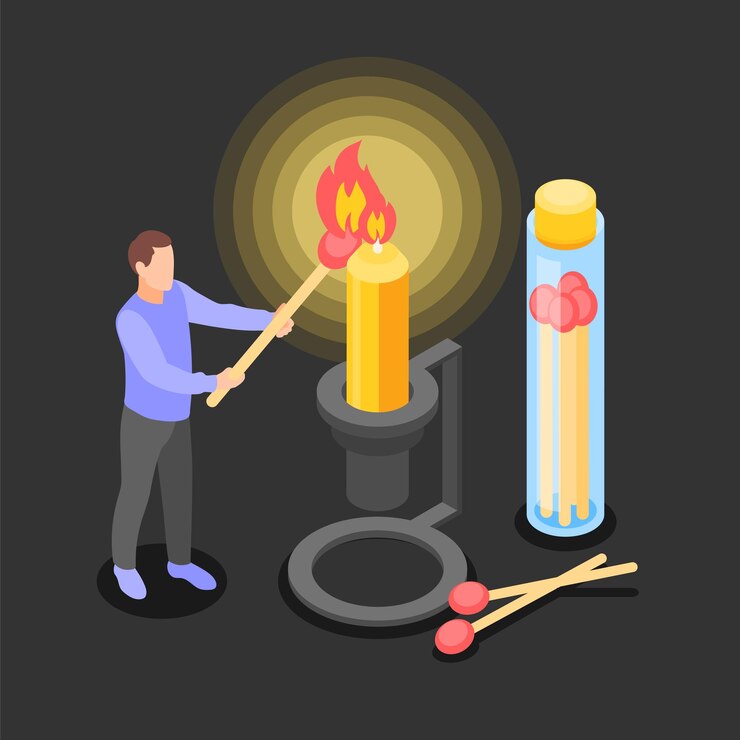
Exploring Various Types of Burns: What You Need to Know
Have you ever accidentally touched a hot stove, spilled a harsh chemical, or experienced a sunburn? If so, you’ve encountered different types of burns. Burns can happen in various ways, and understanding them is crucial for proper treatment and prevention. Let’s explore the four main types of burns: thermal, chemical, electrical, and radiation.
Thermal Burns
Thermal burns are the most common type and occur when your skin comes into contact with hot objects, steam, flames, or hot liquids. They can range from mild sunburns to severe burns that penetrate deep into the skin layers. Thermal burns often cause redness, blistering, and pain.
Chemical Burns
Chemical burns happen when your skin or eyes come into contact with strong acids, alkalis, or other harmful substances. These burns can occur at home, workplace, or during accidents involving cleaning products, industrial chemicals, or even certain beauty products. Chemical burns may cause redness, irritation, blistering, and in severe cases, tissue damage.
Electrical Burns
Electrical burns occur when electric current passes through your body, causing damage to your skin, muscles, or internal organs. These burns can result from electrical accidents at home, workplace, or outdoor activities involving power lines or faulty electrical appliances. Electrical burns may cause entry and exit wounds, tissue damage, and internal injuries, even without visible external signs.
Radiation Burns
Radiation burns result from exposure to ionizing radiation sources such as X-rays, gamma rays, or ultraviolet (UV) radiation from the sun or tanning beds. Overexposure to UV radiation can lead to sunburns, premature skin aging, and an increased risk of skin cancer. Radiation burns may cause redness, blistering, and long-term skin damage.
Prevention and Treatment
Preventing burns is essential for maintaining skin health and overall well-being. Here are some tips to prevent burns:
- Use protective gear when working with heat, chemicals, or electricity.
- Handle hot objects and liquids with caution.
- Test water temperature before bathing or showering.
online pharmacy buy tamiflu with best prices today in the USA
- Wear sunscreen and protective clothing when outdoors.
- Follow safety guidelines and instructions for handling hazardous materials and electrical appliances.
If you do suffer a burn, it’s essential to seek appropriate medical attention. Treatment for burns may include:
- Cooling the affected area with cool water or compresses.
- Applying sterile bandages or ointments to prevent infection.
online pharmacy buy prevacid with best prices today in the USA
- Seeking medical care for severe burns or those affecting large areas of the body.
online pharmacy buy rybelsus with best prices today in the USA
Understanding the different types of burns empowers you to take proactive steps to prevent accidents and protect yourself from harm.
To seek medical advice, always consult a Doctor. Here are our recommended EXPERTS. Click here
To read more on SKIN. Click Here


